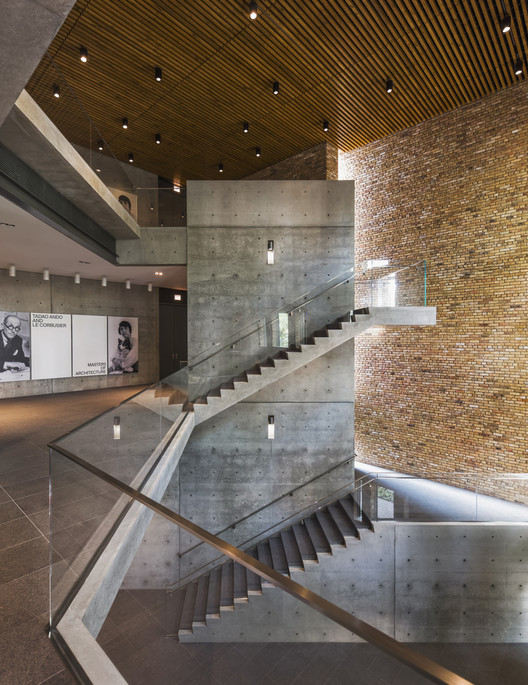
Human economic activities are naturally dependent on the global ecosystem, and possibilities for economic growth may be limited by the lack of raw materials to supply factory and trade stocks. While for some resources there are still untapped stocks, such as certain metals and minerals, there are others, such as fossil fuels and even water, with serious availability issues in many locations.
It's undeniable that the construction industry has a significant impact on the planet. Enormous amounts of resources, materials, water, and energy are exploited, processed, and consumed for the execution of a work and limited to the useful life of buildings. The International Construction Council (Conseil International du Bâtiment - CIB) points out that civil construction is the human sector that consumes the most natural resources and uses energy intensively. This impact is exacerbated by inefficient production processes, considerable displacement of supplies, and excessive waste during various other stages of construction. There are many issues to tackle to make our world more sustainable and efficient. But what is within our reach as architects?
It is true that humanity can no longer exploit environmental resources as if they were infinite and, above all, must stop generating so much waste. Becoming more resource efficient is a way toward sustainable economic growth. That means less demand for resources and energy as well as reduced waste generation. It's always wise to think that when speaking of our planet, there is nothing that should be 'thrown away'. This mantra problematizes statistics showing that in Brazil, for example, construction waste represents 50% to 70% of the total waste generated.










